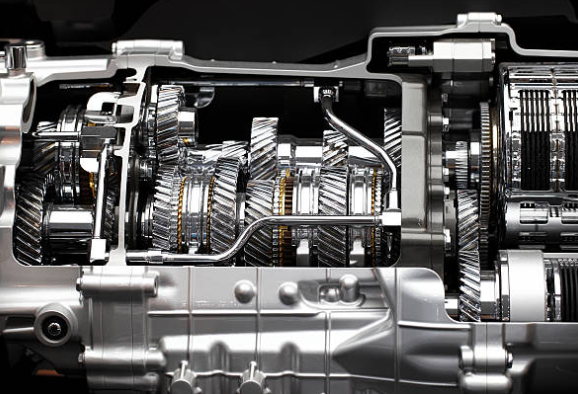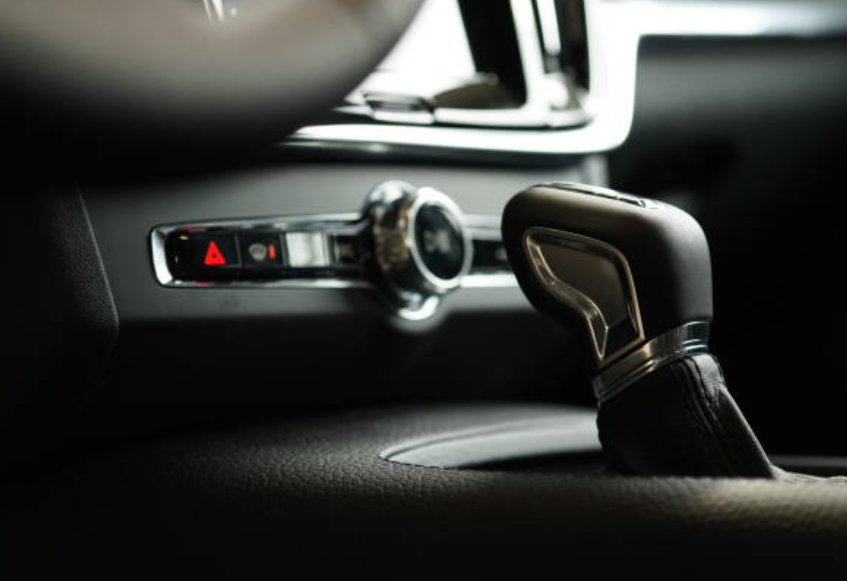When Your Engine Suffers: Dealing With Clogged Fuel Filters
The kind of fuel your car's engine runs on determines how well it performs. Let us introduce the fuel filter, the unsung hero of your engine's fuel system. The fuel filter is a discreet component that is tucked away within your car's complex system of mechanics. It makes sure that only clean fuel enters your engine, which maximizes performance.
However, even with its vital function, the gasoline filter is not immune to deterioration. This innocuous part may become less effective after traveling thousands of kilometers due to a deposit of dirt, debris, or pollutants.

Let us examine the symptoms of a blocked fuel filter in more detail, as well as the origins, lifespan, and consequences of operating a vehicle with a damaged filter.
How Does a Fuel Filter Function?
The gasoline filter serves as a gatekeeper, filtering out contaminants like dirt, rust, and debris from the fuel before it leaves to power your car. It is nestled snuggly between the fuel tank and the engine. The fuel filter protects sensitive fuel system components from damage while also preventing impurities from entering the engine and preserving peak performance.

Here are some telltale signs that your fuel filter might be due for attention:
Diminished Engine Performance: An early indicator of a clogged fuel filter manifests as a palpable decline in engine performance. Your engine might struggle to accelerate smoothly or exhibit a discernible loss of power during acceleration.
Engine Misfires: Disrupting the fuel flow, a clogged fuel filter can engender inconsistent fuel supply to the engine, leading to engine misfires. This could translate into rough idling, hesitation, or even stalling.

Difficulty Starting: A prolonged delay in starting the engine could signal a severely clogged fuel filter. The restricted fuel flow to the engine makes it arduous to kick-start the vehicle, often necessitating prolonged cranking.
Stalling or Sputtering: Intermittent fuel flow due to a clogged fuel filter can precipitate engine stalling or sputtering while driving, particularly noticeable during acceleration or uphill climbs.
Unveiling the origins of this automotive malady:
Accumulated Debris: Over time, particles like rust, dirt, and sediment can amass in the fuel tank, finding their way into the fuel filter and impeding its functionality.
Poor Fuel Quality: Low-quality or contaminated fuel laden with impurities can expedite the clogging process. Opting for fuel from reputable sources mitigates the risk of filter blockages.
Fuel Additives or Deposits: Certain fuel additives or residues from inferior fuel formulations can accrue on the fuel filter, contributing to its obstruction. Additives incompatible with the fuel system or containing abrasive particles exacerbate filter blockages.

Although it is generally recommended to replace the gasoline filter every 40,000 kilometers, the precise amount of time depends on a number of variables, including driving circumstances, fuel quality, and manufacturer recommendations.

1. Can Fuel Filters Be Cleaned?
Fuel filters are typically single-use items. It's best to replace a clogged fuel filter instead of attempting to clean it to avoid potential damage to the fuel system.
2. How Long Do Fuel Filters Last?
Although it is generally recommended to replace fuel filters every 40,000 kilometers, driving conditions and fuel quality might affect how long a filter lasts. When a replacement is necessary, it can be determined with regular maintenance.
3. What Takes Place When a Fuel Filter Gets Clogged and You Drive?
When you drive with a blocked gasoline filter, the fuel pump is put under stress, which lowers engine power and increases pollutants and fuel consumption. It may potentially harm more fuel system parts, requiring expensive repairs. It is essential to take immediate action to clear a clogged fuel filter in order to preserve vehicle functionality and stop additional damage.
The simple fuel filter, which is sometimes disregarded, is crucial to maintaining the best possible performance from your car's engine. Being aware of the signs of a blocked filter, knowing what causes it, and following maintenance recommendations can help prevent expensive consequences and protect your car's performance as well as your pocketbook. Recall that the basis for a comfortable and effective ride is the quality of the fuel your engine uses.
Click on the following link to read another blog post: How To Check For Vacuum Leaks?














